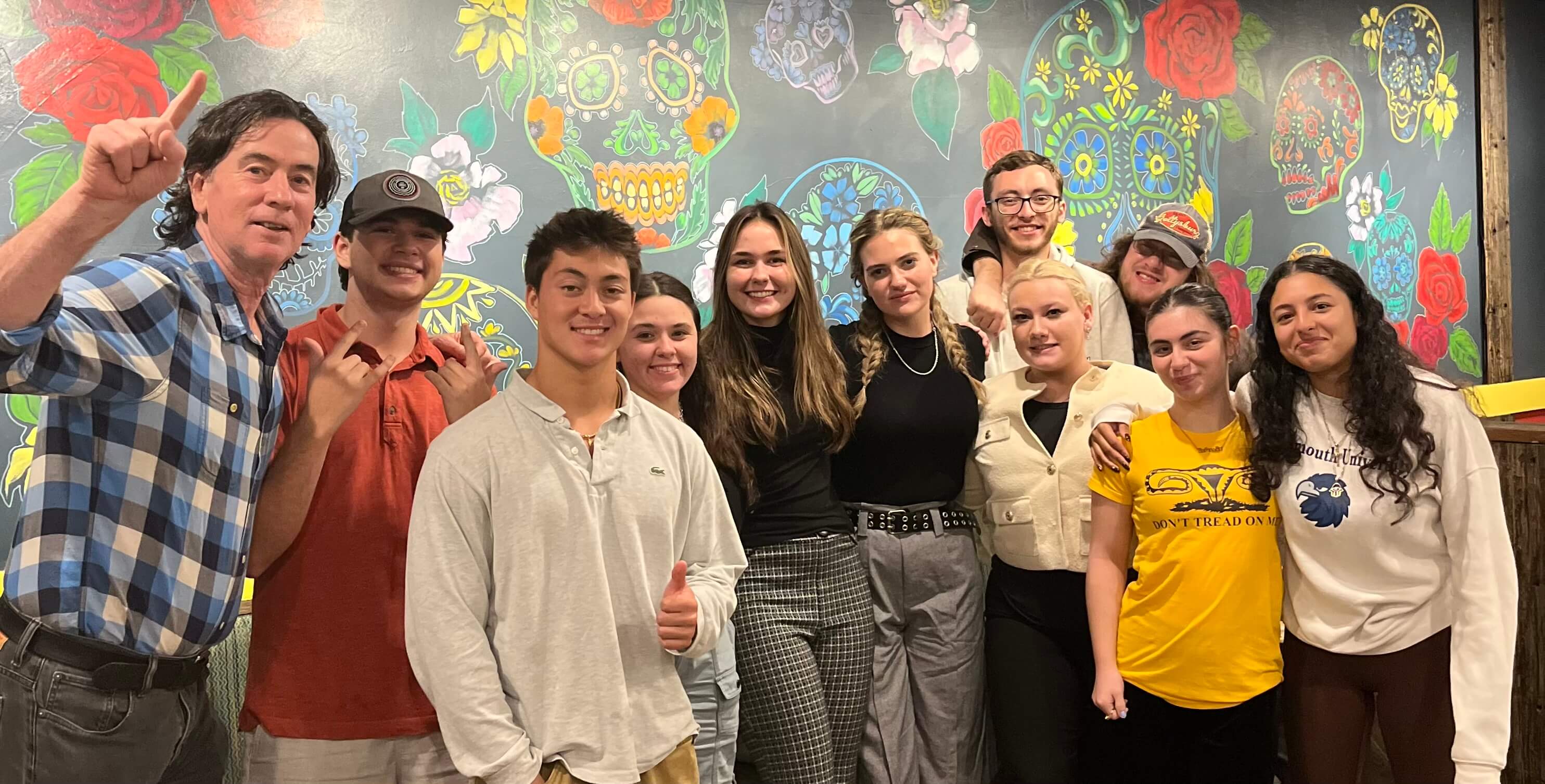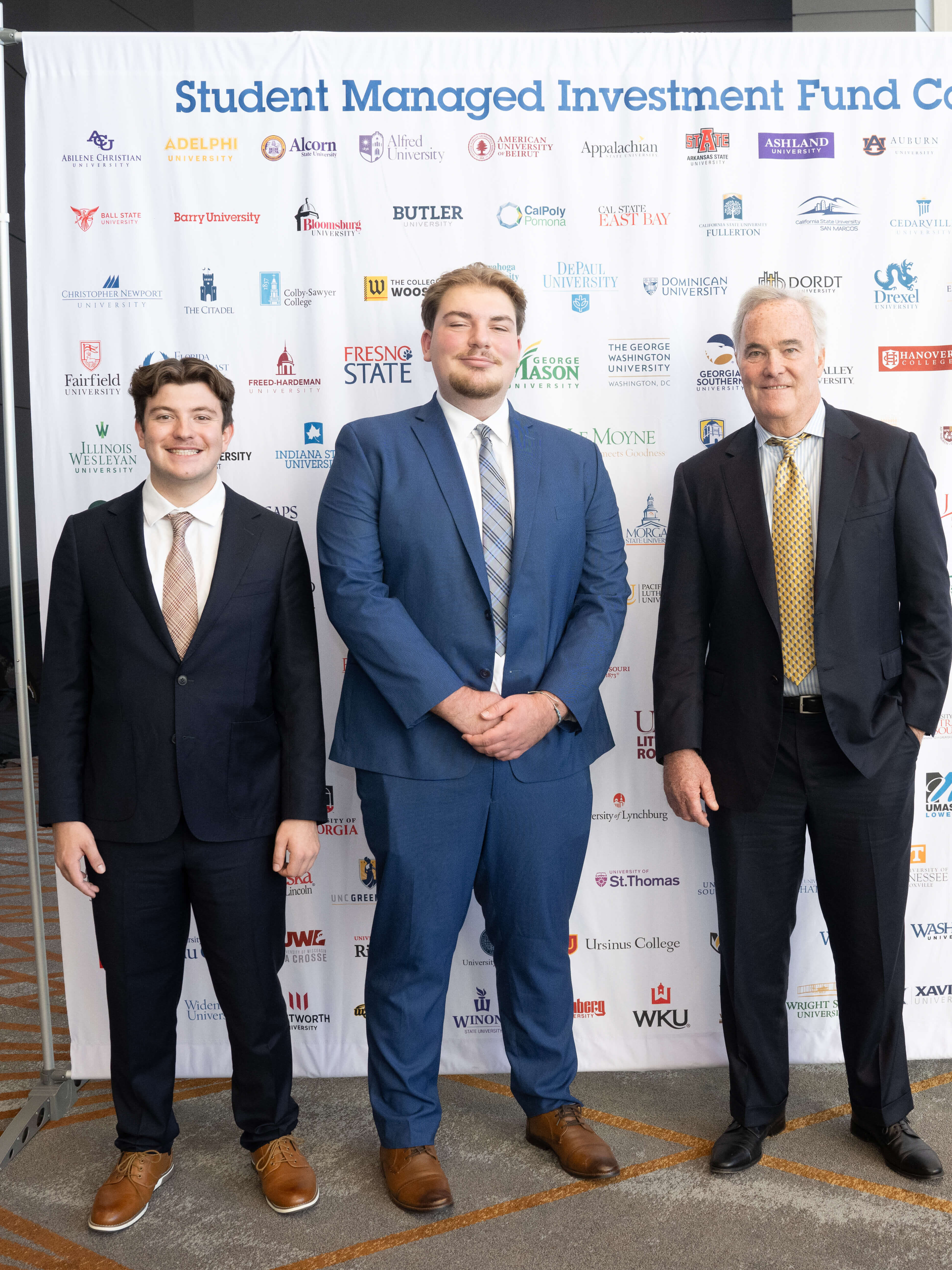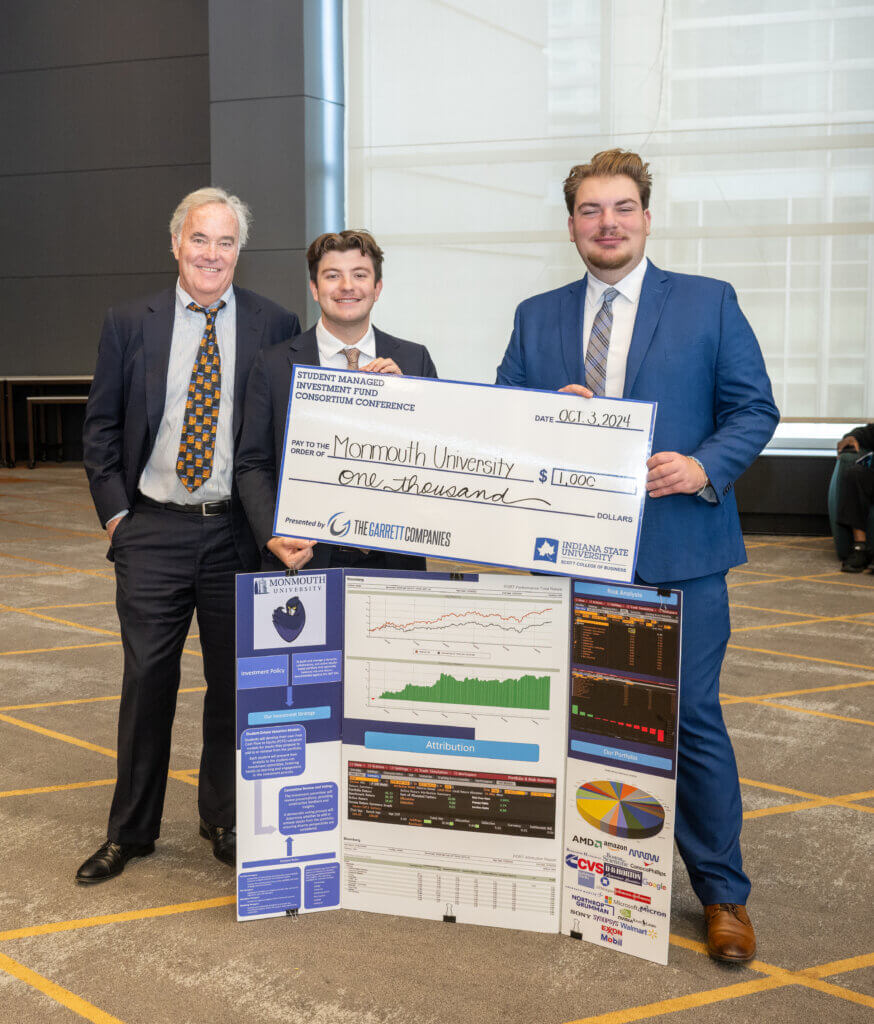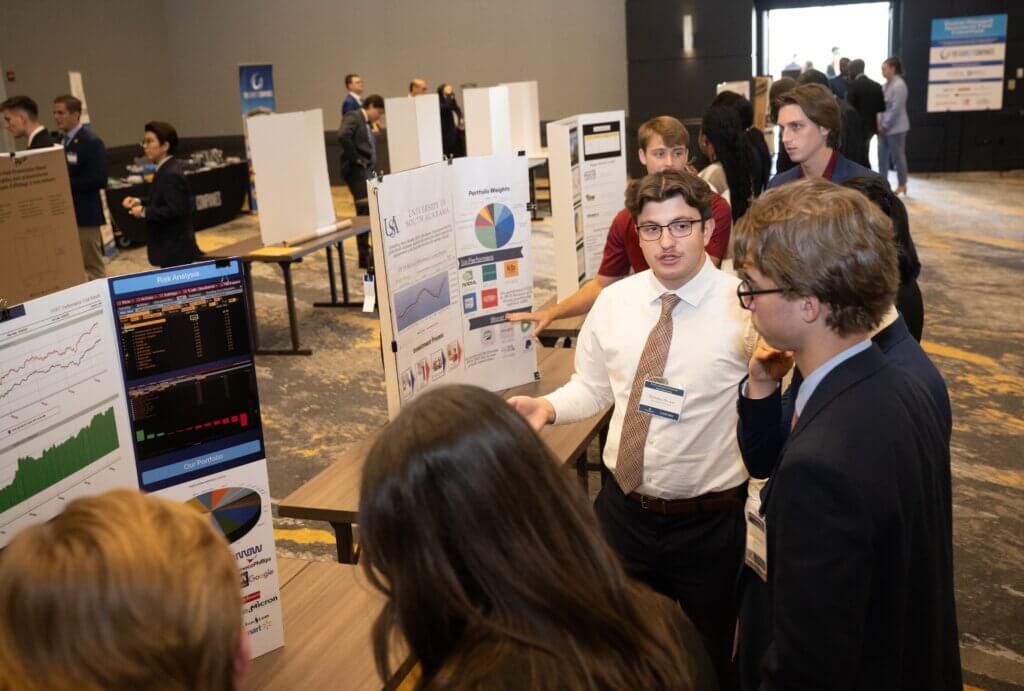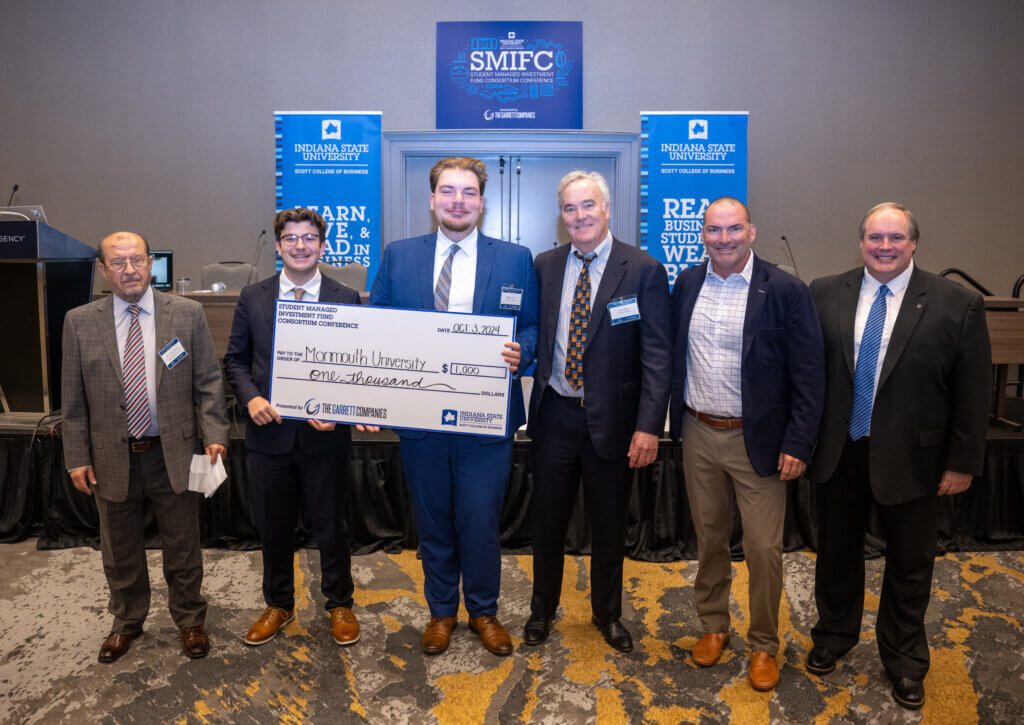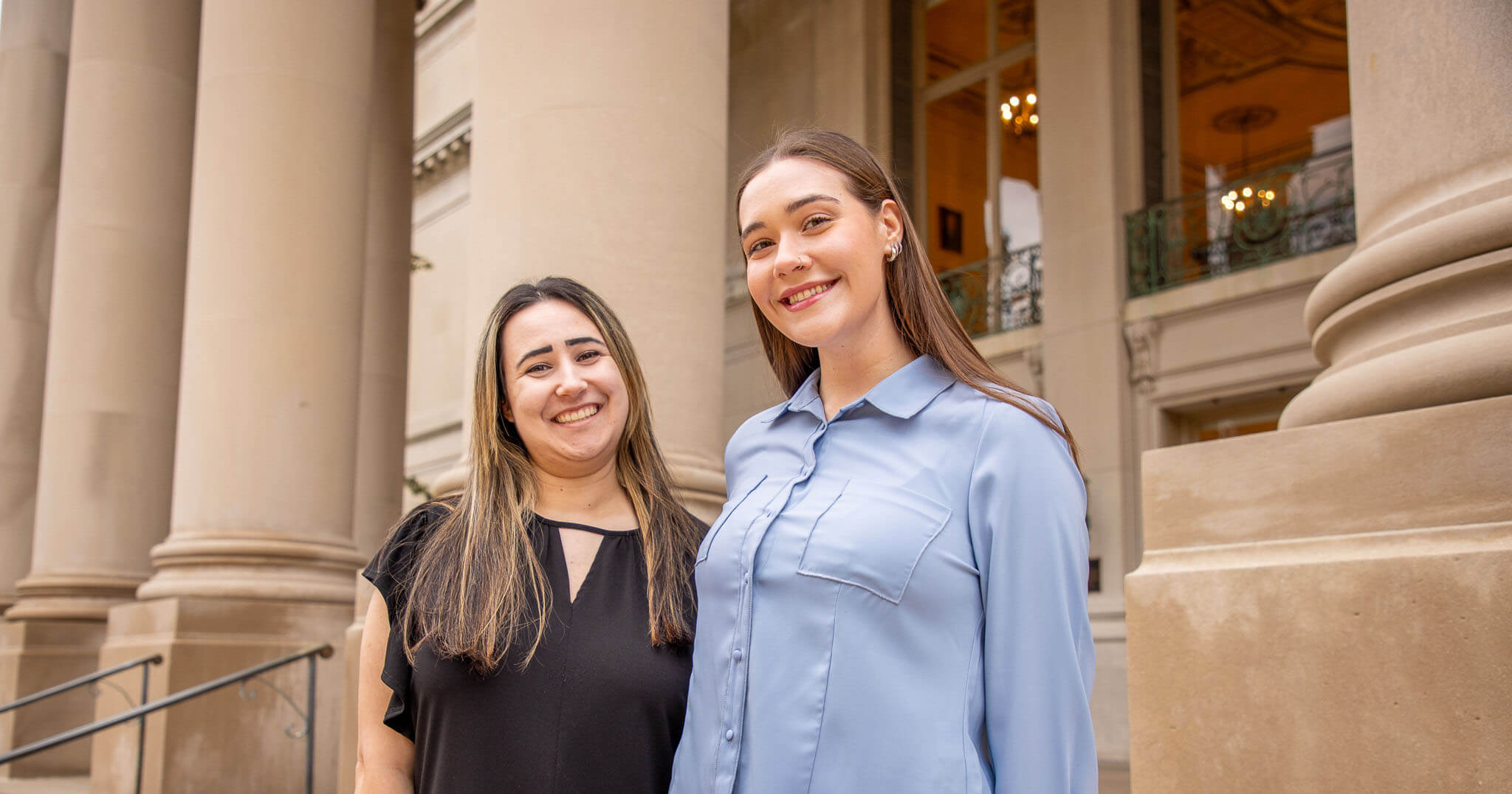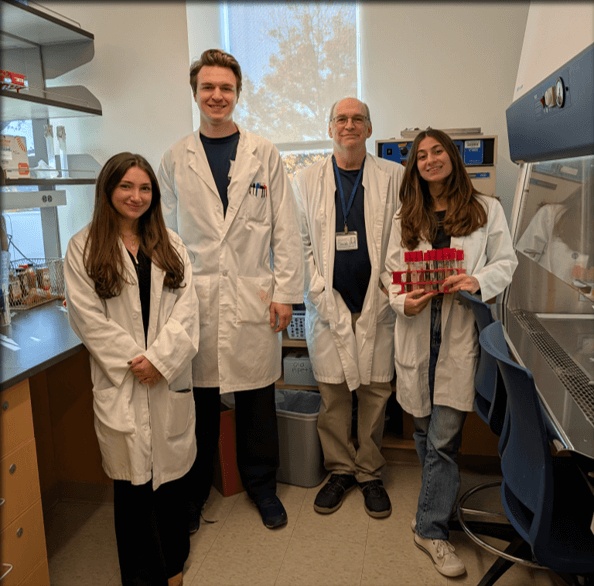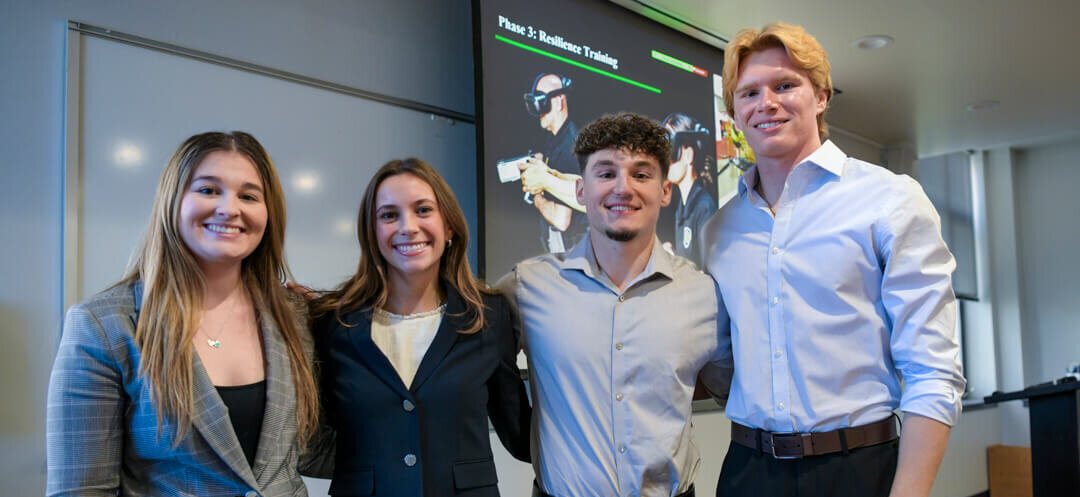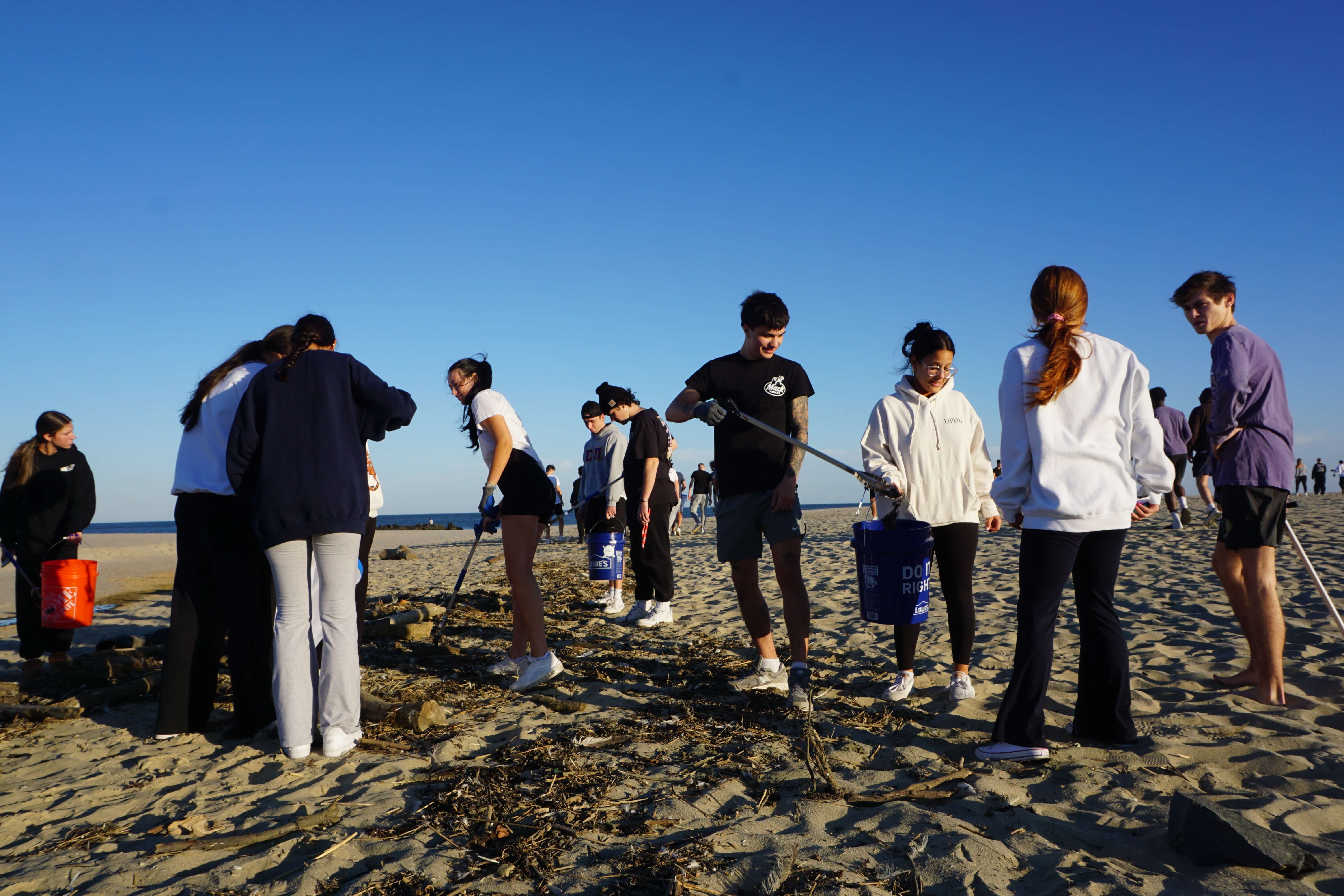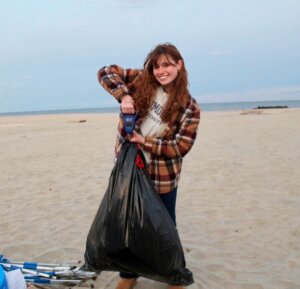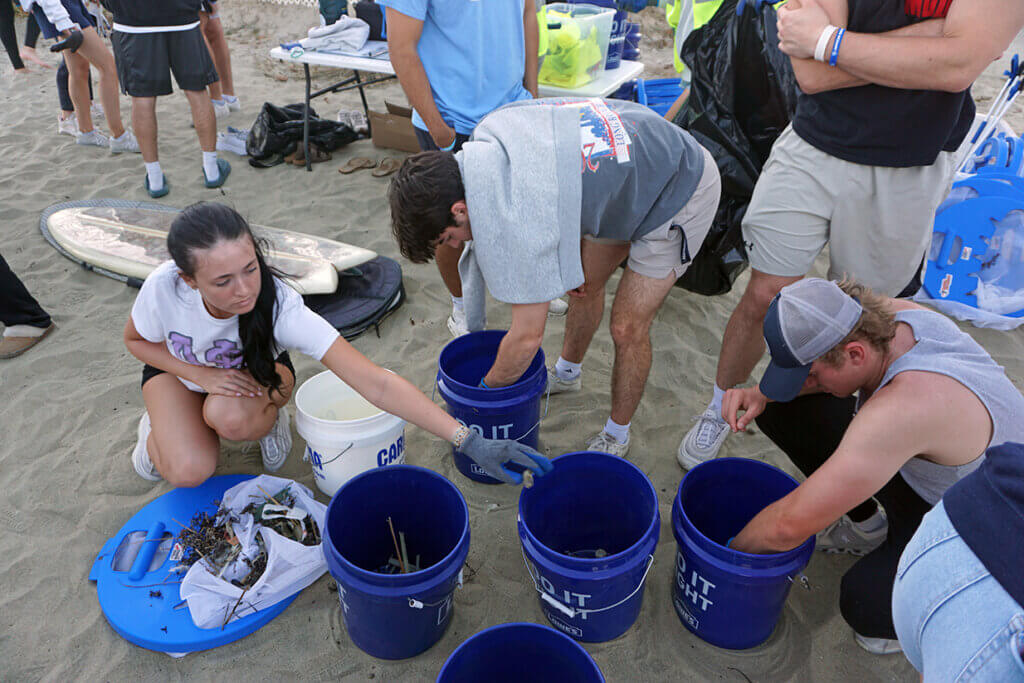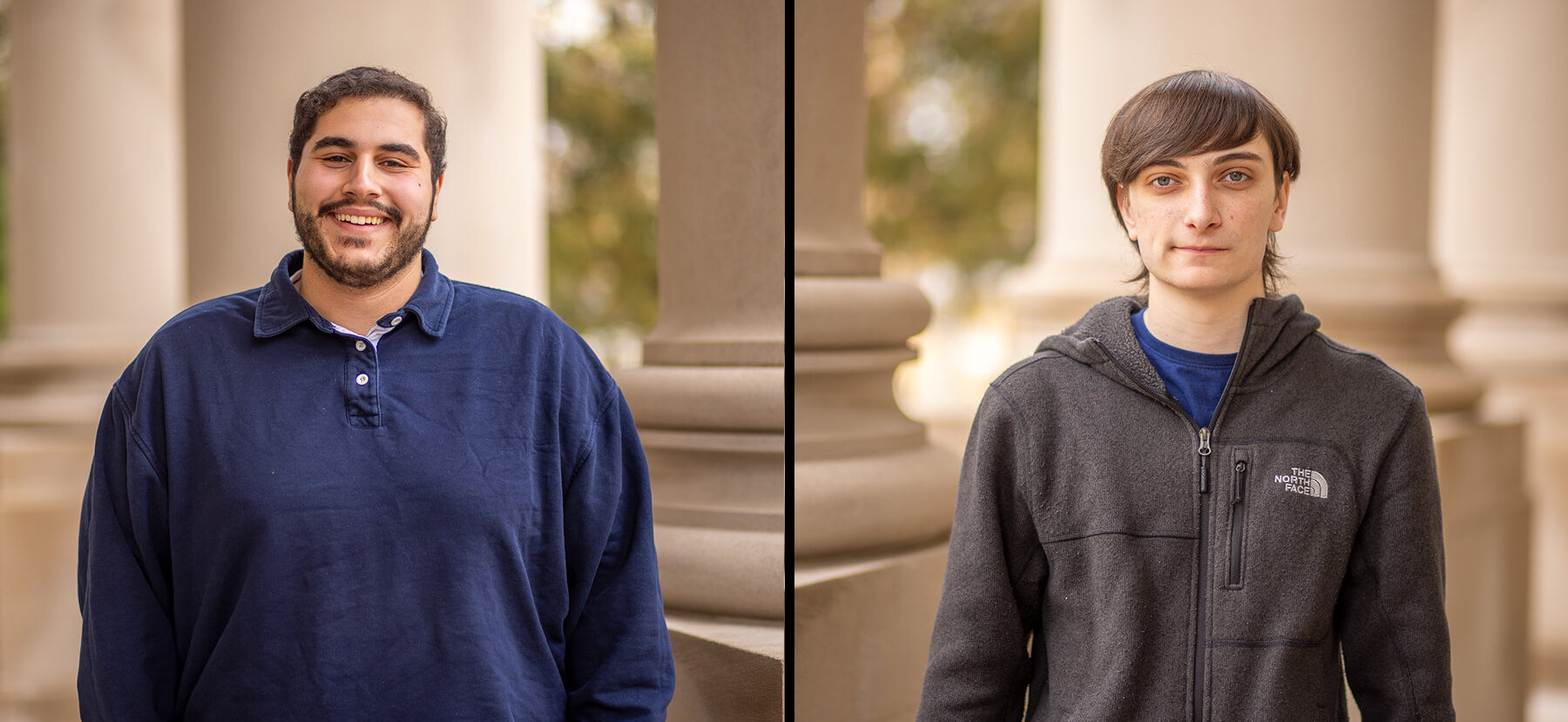
Computer Science and Software Engineering students Omar Ahmed and Andrew Catapano recently received Upsilon Pi Epsilon (UPE) Scholarship Awards. Ahmed and Catapano were two of only 20 students nationwide selected for this award.
Each year, the UPE executive council evaluates scholarship applications from undergraduate and graduate students who complete a comprehensive application including a statement on their long-term plans in the profession, a summary of their contributions to their respective UPE chapters, and related student activities at their college or university.
Ahmed, a senior computer science student with a minor in chemistry, has completed three independent studies in various fields, including performance programing, networking, and developing a data analysis desktop application supporting biophysical chemical research. Ahmed has worked as a software engineering intern at Peraton for the past two years and is actively involved on campus as a peer mentor for the School of Science, a math tutor, and a teaching assistant for Chemistry I and Biology.
Catapano, a graduate computer science student, also won the CSSE department’s Academic Excellence Award last year as an undergraduate. Catapano currently serves as vice president of the eSports Club and is a member of Monmouth’s IEEE/ACM Club, where he assisted in successfully organizing the high school programming competition.
The Upsilon Pi Epsilon Association (UPE) is the only international honor society for the computing and information disciplines. UPE aims to promote the computing and information disciplines and to encourage their contribution to the enhancement of knowledge. UPE now consists of chapters in more than 300 colleges and universities in North America and overseas. The mission of the Kappa Chapter of Upsilon Pi Epsilon at Monmouth University is to recognize academic excellence in the computing and information disciplines at both the undergraduate and graduate levels.


